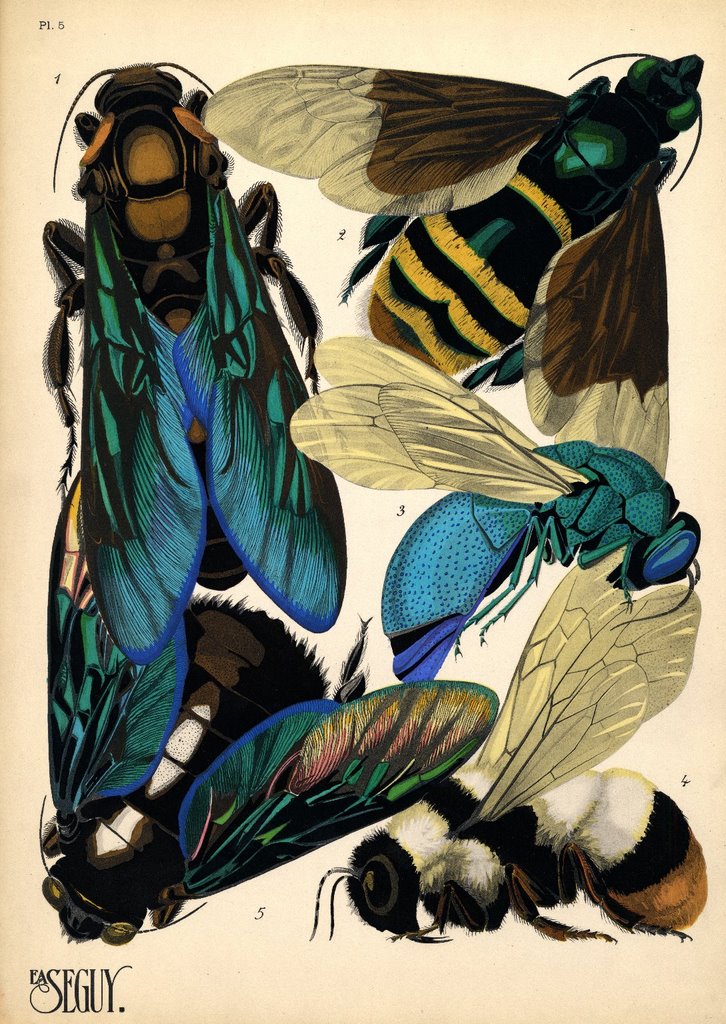As a journalist, especially a science journalist, it’s my professional duty to ask stupid questions. I’m supposed to have, on your behalf, my share of what my fellow LWONer Cassie Willyard so aptly calls “Hubble moments.” I’m supposed to be a lifelong amateur, someone who can understand and explain science without losing sight of its everyday significance — someone who’s always willing to ask, “Yeah, but so what?”
But as science journalists move forward in our careers, we tend to speciate. Even freelancers, who can easily cross the boundaries of formal beats, develop expertise in certain fields, and expertise naturally narrows and deepens over time. A 500-word story about widgets leads to a longer one and then an even longer one, and before you know it Terry Gross is calling to interview you about the European widget crisis.
For the most part, I’ve found, this kind of specialization is good for both journalism and journalists. As a specialist in stories about conservation science, I can develop strong relationships with sources, unearth unreported stories, and — maybe most importantly — recognize a hot, fresh dish of story when I see one. As a specialist in field reporting, I’ve developed a very useful tolerance for dirt, bad food, and getting lost. I know what I like to do, and so do my editors. I greatly enjoy my occasional detours (into, say, Turkish wrestling, or the use of hard liquor as mouthwash), but it’s cozy in my niche, and interesting too.
Is it too cozy, though? In the natural world, after all, specialists can have their moments of glory — but in times of big change, it’s the wily generalists who persevere.
At the Science Writers 2011 meeting in Flagstaff, Ariz., last week, I was part of a panel, moderated by Emily Sohn, on the advantages and disadvantages of journalistic specialization. I spoke for the value of specialists, while Wired contributing editor and author Dave Wolman stuck up for the generalists. Author Julian Smith and freelance journalist Doug Fox, who both maintain multiple specialties, argued for the middle ground. Dave, whose reporting leaps from autism to finance to left-handedness to the Arab Spring, is in some sense a specialist in the art of generalization — he’s learned to use the fear that comes with entering new territory, and to take advantage of his fresh perspective. He’s developed a generalist’s muscles, and his editors trust him to use them.
Our panel talked about the strategic benefits of specialization and generalization for writers and readers, but our conversation was really about authority and humility. Who has the authority to write about, say, frog conservation, or the Internet habits of Egyptian political activists? It’s worth remembering that our profession doesn’t require degrees or licenses, nor should it: all a journalist really needs to cover a story, on any subject, is what Hemingway called “a built-in automatic crap detector.” Familiarity with a field does save time and embarrassment, leading us to better and better sources and helping us avoid those Hubble moments. But humility, and occasional humiliation, is supposed to be part of our job; it helps keep our minds open, and trained on the big picture our readers need. The specialist, comfortable with the jargon and norms of his or her chosen beat, has to remember to be more amateur than professional. The generalist can never forget.
I’m not tempted to abandon my specialty. It suits me. But after time in the expansive company of generalists, I am tempted to stretch into some new territory, and risk more Hubble moments. The practice will benefit my journalism, I suspect — and it just might stave off my extinction.
Top photo: Print by E.A. Séguy, early 20th century artist, designer and entomologist. Courtesy of Flickr user Scrunchleface.

As an editor of mine used to say, “Any competent science journalist can learn to cover a beat, but not every scientist can learn to write.”
Very interesting. I wonder how conscious the decision to specialize or generalize is or whether one simply follows the opportunities that come up along the way and realizes that one has become an inadvertent expert or a jack of all trades.